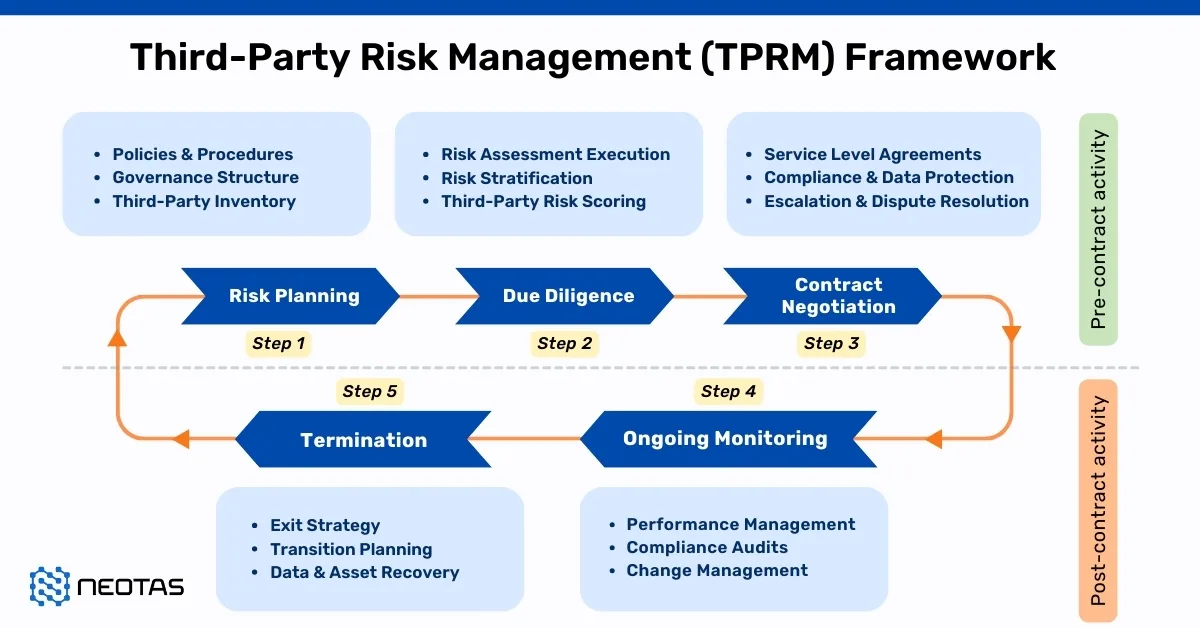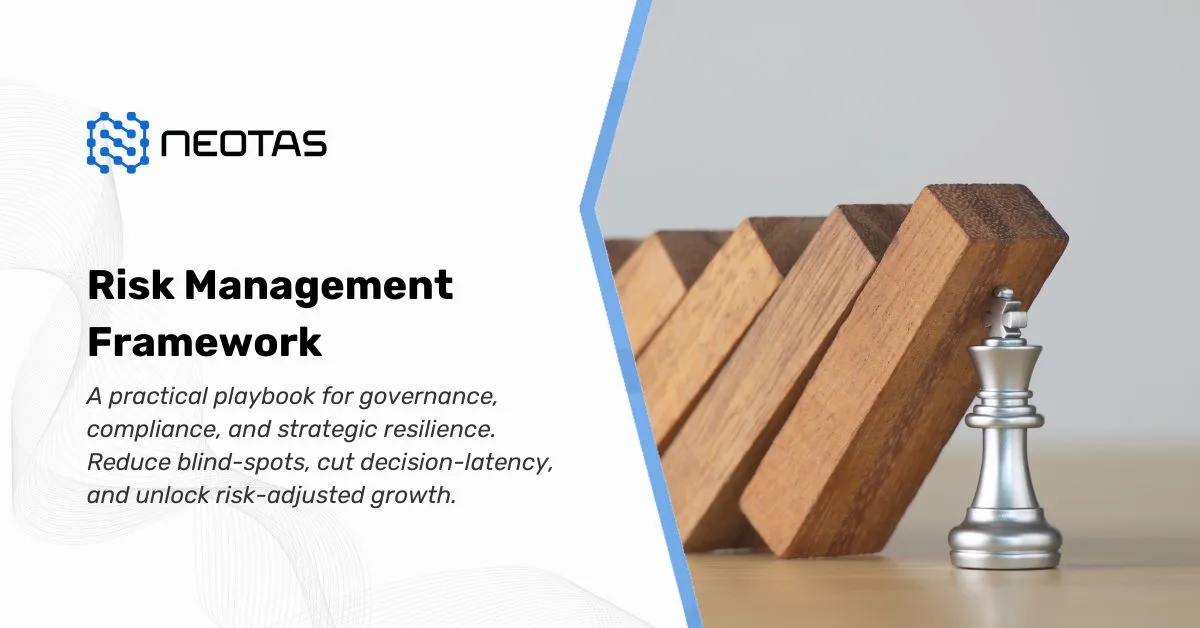The National Crime Agency released their National Strategic Assessment of Serious and Organised Crime recently, and they found that Fraud continues to be the most common form of crime in the UK, with over 3.4 million incidents recorded in the last financial year. The 2017 Annual Fraud Indicator (AFI) estimated that fraud cost the UK economy over £190 billion per year, with the private sector losing an estimated £140 billion, the public sector £40.4 billion and the last £6.8 billion being lost by individuals.
Why is this still the case when we have an abundance of technology available? The innovative, new, young tech leaders as well as the enthusiasm that the new generation have in combating crime should be reducing these loses significantly, so why aren’t they?
Could it be that old institutions want to stay using “best practice models” or the “checklists” of old policies and procedures? Could it be that old institutions want to ensure they are doing just enough due diligence to make the regulator happy? So much information is online. To continue to only follow the bare minimum in due diligence checks is dangerous and costly.
Having worked in financial crime for many years, I thought that our searches were robust, vigorous, and comprehensive, but I was wrong. Just checking an internal data base to make sure the bank account matches is not enough.
Take a customer who has been flagged for potential AML related concerns. Normally, you’d do a bank check; check your internal high-risk monitoring database (or whatever database you have) and maybe Google their name. If the individual has had prior convictions, there may even be some media online about them. This just affirms what you already know. Google only searches 4% of the internet – there’s so much more out there!
By leveraging the power of the open source intelligence, you can build a much bigger picture about a person or a company and build a much bigger picture.
But what if you looked at their online activity in a much more structured manner: their social media accounts, their home address, their general lifestyle? Using open sources mean that the world’s information is at your fingertips, allowing you to delve deeper and see the whole picture. It allows you to learn new information.
The industry needs to do more to combat financial crime than just checking a database, it must realise that open source intelligence needs to be embraced and not feared.
-Suzanne Lynch



 New Whitepaper and Checklist
New Whitepaper and Checklist
























